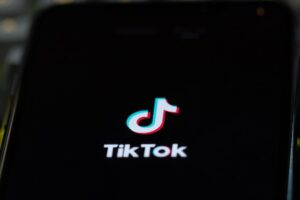Meta’s Oversight Board, an independent body established to oversee the content moderation policies of Meta (formerly Facebook), has directed its attention towards the issue of election integrity. With the influence of social media platforms on electoral outcomes becoming increasingly evident, it is imperative for companies like Meta to critically assess their role and responsibilities in safeguarding the integrity of democratic processes.
The oversight board’s request to Meta comes at a time when public concern surrounding the impact of social media on elections is at an all-time high. Instances of misinformation, targeted advertising, and algorithmic biases have raised serious questions about the role played by platforms like Facebook. As the world becomes more interconnected, it is crucial to address these concerns head-on.
By calling on Meta to evaluate its practices, the Oversight Board is advocating for enhanced transparency and accountability. The board believes that Meta’s current strategies and algorithms require thorough scrutiny to ensure they do not inadvertently promote or amplify misinformation during crucial election periods. This evaluation process would entail a comprehensive assessment of content moderation policies, ad targeting algorithms, and information dissemination mechanisms.
In recent years, several countries have witnessed the detrimental impact of online misinformation campaigns on electoral processes. False narratives, polarizing content, and manipulation of public sentiment through social media have the potential to sway election outcomes and undermine the democratic fabric of a nation. Recognizing this, the Oversight Board’s recommendation serves as a timely reminder of the urgent need to address these challenges.
Meta’s response to the Oversight Board’s request will be closely monitored not only by industry experts but also by regulators and governments worldwide. The company’s commitment to transparently evaluate its practices and implement necessary changes would set a significant precedent for other social media platforms. It would demonstrate a willingness to adapt and take responsibility for the impact their platforms have on democracy and public discourse.
The outcome of Meta’s evaluation process could potentially lead to revisions in content moderation policies, increased transparency in political advertising, and improved mechanisms to tackle the spread of misinformation. Furthermore, it may prompt Meta to collaborate with external organizations, such as fact-checking agencies and academic institutions, to ensure a more robust and independent assessment of its practices.
In conclusion, Meta’s Oversight Board has called on the company’s owner to evaluate election integrity in an effort to address the growing concerns surrounding the impact of social media on democratic processes. The request emphasizes the need for enhanced transparency and accountability in the face of misinformation and manipulation. Meta’s response to this call will be a crucial milestone in shaping the future of responsible social media practices and safeguarding the integrity of elections worldwide.












